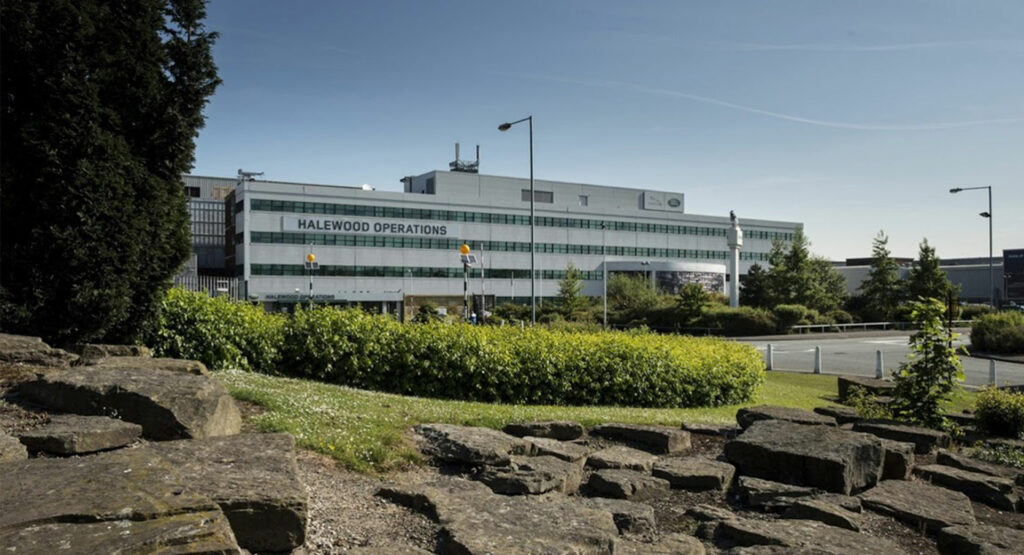Cyberattack on Jaguar Land Rover: Production Halted, Data Stolen
Production at Jaguar Land Rover plants remains halted almost two weeks after a large-scale cyberattack, and the company now believes that some data may have been stolen. This breach is costing the British automaker millions, while many employees have been temporarily sent home. Police and cybersecurity experts are actively investigating this incident.
Initial Perceptions and Changes in Assessment
Reports of the attack emerged at the beginning of last week through a filing on the stock exchange in India. Initially, JLR did not believe that data had been stolen. However, the company later confirmed that this was not the case and that it would contact those affected. Although JLR does not explicitly state whether customer data was stolen, it may have happened.
Progress of the Investigation
“As a result of our ongoing investigation, we now believe that some data was compromised, and we are notifying the relevant regulatory authorities,” JLR stated. “Our forensic investigation continues at a rapid pace, and we will contact everyone if we find that their data was affected. We deeply regret the continued disruptions caused by this incident and will continue to inform as the investigation progresses.”

Responsibility for the Attack
A group called Scattered Lapsus$ Hunters has claimed responsibility for the cyberattack. Earlier this year, it organized an attack on the British retail giant Marks & Spencer, which cost it approximately £300 million in lost operating profit. According to the BBC, the group claims it was able to breach JLR’s IT system using a similar vulnerability.
Recovery Efforts
JLR states that it is “working around the clock” to restore systems to operational status and intends to resume production by the end of the week. Prior to the cyberattack, its plants were producing about 1000 cars per day, highlighting the growing financial pressure of each lost working day. The company has not yet detailed the full scale of the losses, but industry analysts suggest the consequences could be significant if the downtime continues.

Impact on the Market and Future Prospects
For now, the stoppage affects production but not retail operations. Dealerships remain open, although the digital infrastructure that typically supports sales is still not operational. Employees are relying on manual paperwork to complete registrations, which slows down the process and underscores how much modern car sales depend on interconnected IT systems. This situation could also affect consumer confidence in data security within the automotive industry, especially given the increase in similar incidents worldwide. Companies will likely have to review their cybersecurity approaches to prevent future threats.


 by
by 
